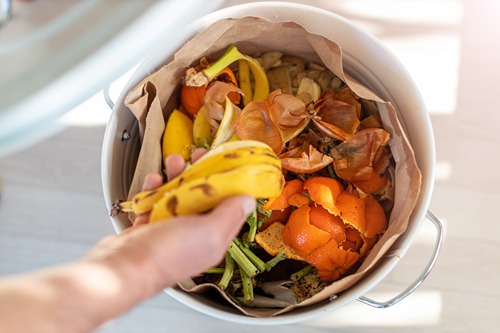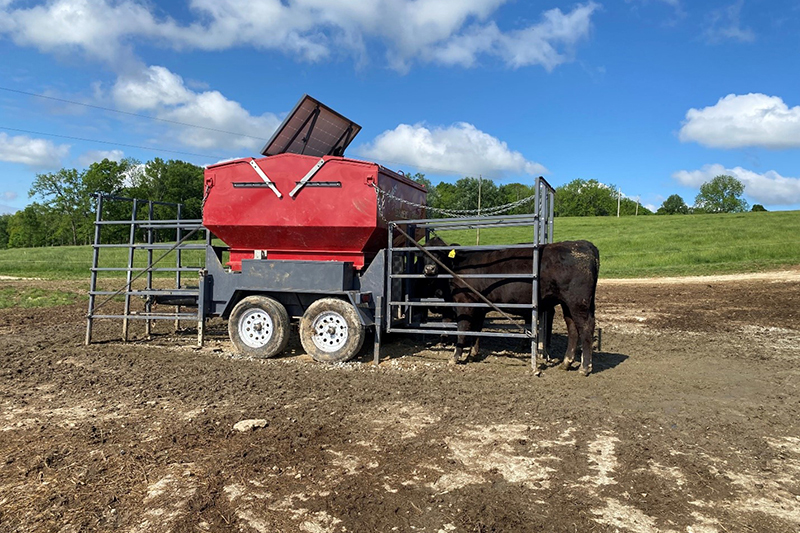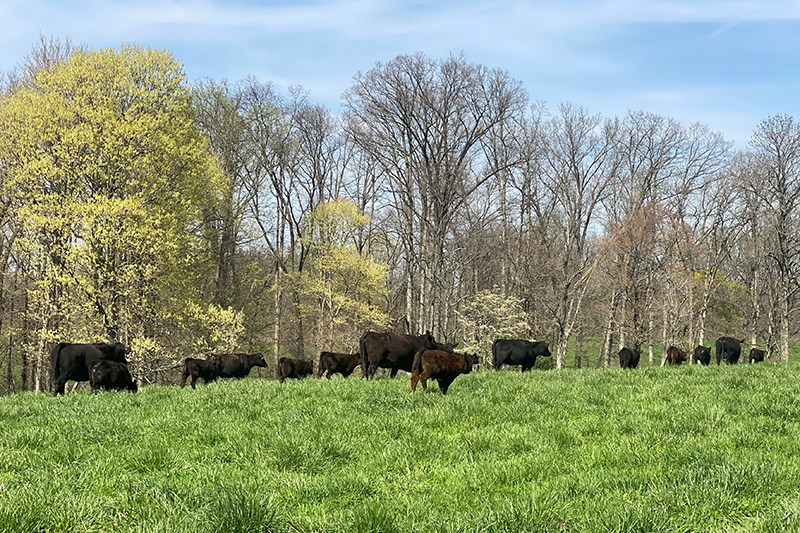Featured Stories

Empowering Futures: Juntos 4-H PASA at Purdue University
Summer is a time for exploration and discovery, and a collaboration with Indiana 4-H and the...

$1.5M USDA NIFA grant will help Purdue researcher identify community-based food waste solutions
The Purdue University College of Agriculture’s Department of Agricultural Economics has...

Producers invited to attend twilight tour of grazing technology
Producers are invited to attend Purdue University Extension’s twilight tour of grazing...

Grasslands Partnership invites southern Indiana producers to participate in farm-based project
The Grasslands Partnership invites forage-based livestock producers in southern Indiana to become...

Cruel, Cruel, Cruel Summer Unlikely
The Climate Prediction Center outlook is calling for a warmer, slightly wetter summer around...

Purdue Extension Master Gardeners Help Indiana Gardeners Grow
Purdue Extension provided in-person and virtual basic training for gardening enthusiasts who...